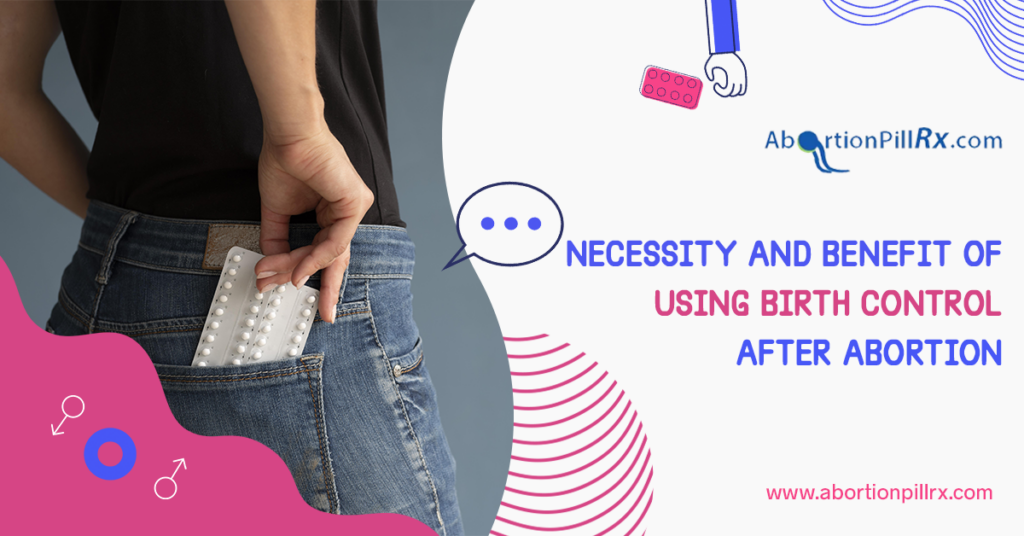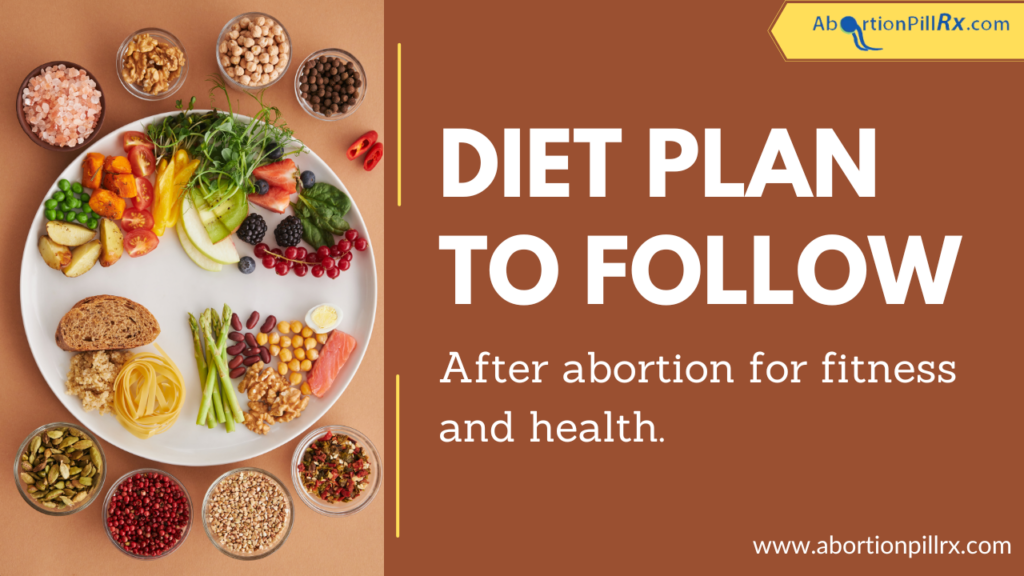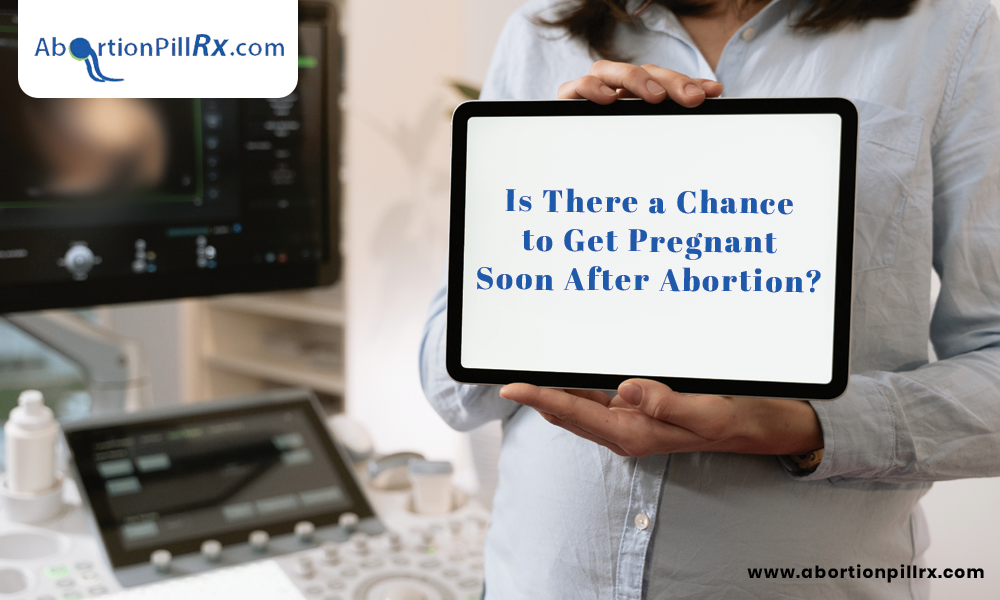Recently updated on February 25th, 2023 at 05:25 am

Your fertility remains unaffected by ending your pregnancy with the help of abortion pills. But you can conceive soon after the procedure if you do not use birth control. Thus, begin with contraception after abortion if you do not wish to encounter an unplanned pregnancy. There are several types of birth control that you can choose. Some are available over the counter, and others are on prescription or usable following a professional’s assistance at a clinic.
In this post, we will talk about birth control options, their importance, and the contraceptive types that you can look for after pregnancy termination.
Birth Control Options After an Abortion at Home
When you pick contraception after abortion, make sure you know what you need and if the product will suit your health. Ask yourself if you need one that you want to use daily or at intervals. If you are forgetful enough, then certain options may not work for you. Then there are choices that may take time to work, and others give instant results. Also, you can make the blood flow lighter through particular birth control options.
· After ending a pregnancy at home with pills, you can opt for hormonal birth control. Some of the choices are the patch, contraceptive pill, shot, injection, and others. You can begin with any of these when the bleeding stops or reduces.
· An Intrauterine Device (IUD) is placed by a physician at the clinic. But you can only use it after 1 to 2 weeks of the successful procedure.
· If you want to safeguard against pregnancy at the time of intercourse, you may utilize female or male condoms, a cervical cap, a sponge, a diaphragm, or spermicide.
Irreversible, LARC, and Short-Term Contraception
You can go for permanent contraception after an abortion procedure. Here is what you must know:
· For instance, if you do not wish to conceive in your lifetime again, then tubal ligation or sterilization will work.
· This is an irreversible process, wherein the surgeon will clip, block, or remove the fallopian tubes. Thus, no mature egg will remain reachable to sperm for fertilization.
· You can also choose long-acting reversible contraception or LARC that protects you from getting pregnant for months or years together.
· In LARC, the choices are implants, hormonal shots, intrauterine devices, and injections. In short-acting birth control, daily birth control pills and barrier methods such as condoms are good alternatives.
What is Emergency Contraception?
Emergency contraception is different from regular birth control. You need only to use it if you have had unprotected intercourse. Some people even take it if they fear that the birth control they use may fail. This is common for women if they miss too many birth control pill doses, condom slips or tears, and similar events. Depending on the type of medication you use, the protection period can last between 3 to 5 days after the intimacy. One of the products is Plan B One-Step an emergency contraceptive pill.
You need to take the pill orally with water within 72 hours of unprotected intercourse. The sooner you consume the medicine, the higher the chances of you not getting pregnant. However, if the fertilized egg implants on the uterus wall, then the pill cannot terminate or undo the pregnancy. So, if you have any confusion between Plan B and the abortion pill, then do understand that the former cannot end your established pregnancy.
When to Begin Birth Control on Completing the Abortion?
Ovulation may happen by 2 weeks after a successful abortion. The earlier you end the pregnancy, the sooner the ovulation may take place. Thus, it is advisable to start with birth control within 3 to 9 days of pregnancy termination. And you should not avoid contraceptives if you are sexually active.
· You can start with a condom if not wanting to take a birth control pill or regular contraception alternatives. A condom may also protect you against STIs and STDs.
· But if you do not wish to utilize any form of contraception after abortion, then do not have vaginal intercourse at the moment, until prepared for it.
· In case you take a week or more to start with birth control containing hormones such as the IUD, PILL, vaginal ring, and patch, then for the first 7 days, use a condom.
· If you wish to change the contraceptive you used to utilize before pregnancy termination, then consult your healthcare provider for discussion on the birth control to take up.
Final Words
If you want more guidance on the kind of birth control to use after a medical abortion, then do not delay having a word with your physician. Also, if the abortion bleeding makes it uncomfortable to use insertable birth control in the vagina, then try other options, such as birth control pills, patches, injections, and more. Do not switch between two alternatives often, as it can take time for your body to adjust to the frequent changes.



